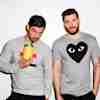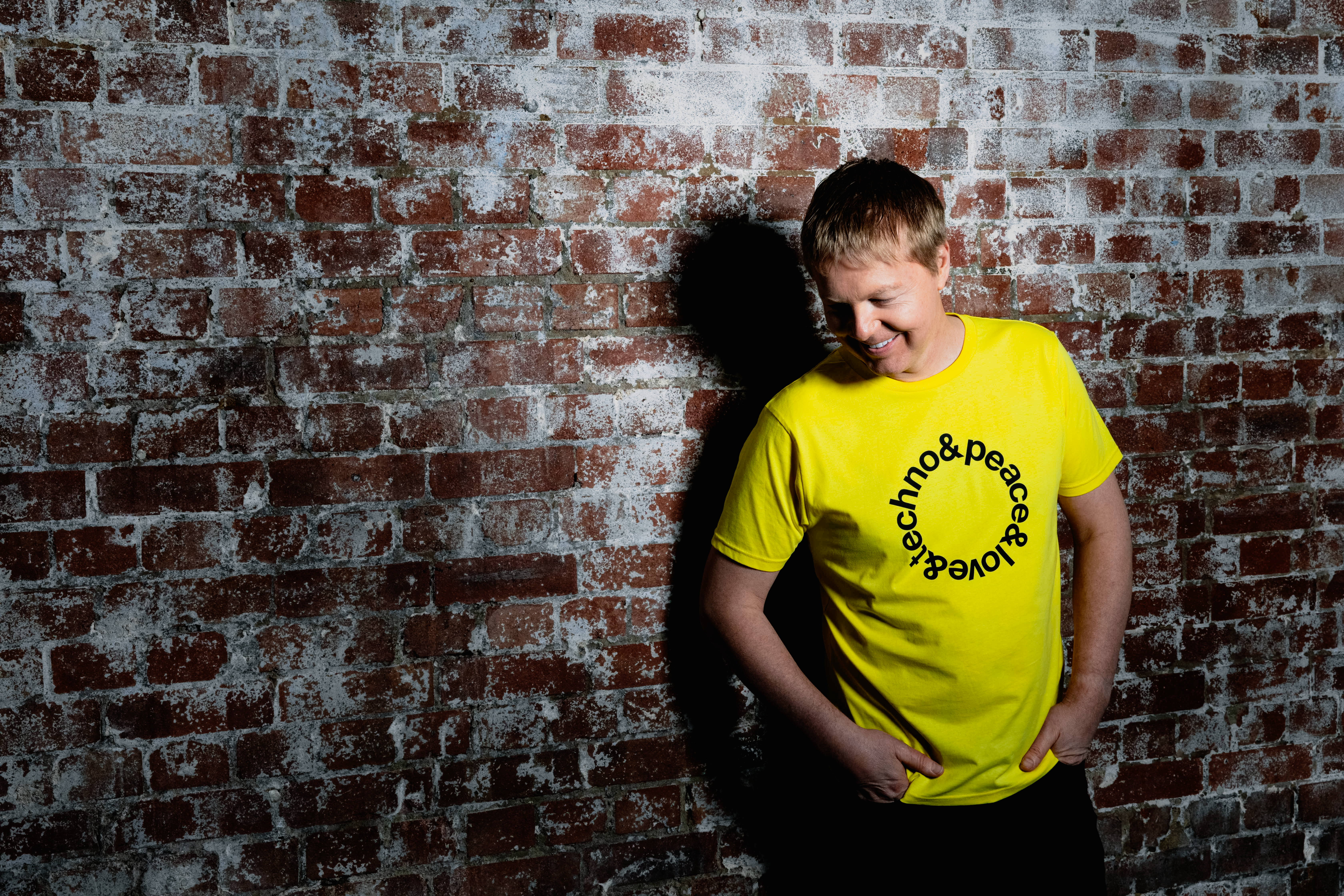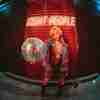Mindchatter Brings a Little of the Philosophical to Dance Music


Mindchatter listens to acoustic music at the gym. He also reads Tom Robbins, is “obsessed with Kurt Vonnegut,” and doesn’t know why listening to dance music can’t be more like listening to Bob Dylan or why going to a rave and going to a concert are so different.
Clearly, he has a lot of thoughts. It’s only right that his music should provoke a lot of them, too.
The 27-year-old New York native (real name Bryce Connolly) started attending raves at around age 16. He loved dance music’s energy, and was immediately enamored with techno icon Richie Hawtin. He even went to Ibiza for three years in a row before he turned 21. Yet he always felt like there was something missing.
“I love dance music so much, but it can be very boring at times, very repetitive,” he tells Festival Insider.
He explains that, to him, music has two planes, “One level is to make you dance and to provide the rhythm and backdrop for you to have a good night to, but [in raving], there wasn’t that second layer of having the experience you have listening to Bob Dylan or something.”
Now, as Mindchatter, he hopes to join the slew of other forward-thinking, visionary artists in filling that gap, offering dance music with thoughtful production and equally mindful lyrics. His music — though it’s in part inspired by his own eclectic music library on shuffle — is cohesive in its bent on the philosophical. It offers a refined take on trippy, and somehow, makes all his disparate inspirations and thoughts come together.
We chatted with Mindchatter about his latest album, what he thought when he heard he’d be playing Coachella’s DoLab this year, and why losing yourself can be a good thing.
With Mindchatter, you’re trying to make dance music more thoughtful. Does this vision come through mostly in the production, the lyrics, or a little of both?
The lyrics are probably the main thing. A lot of lyrical content in dance music is about partying, sex, and drugs, which is cool, but I also longed for more substantial stuff. But then also I include a range of moods. When I listen to music, I really just kind of shuffle everything. I have a really wide range of sounds that I like, like I’ll be in the gym listening to acoustic music and stuff. And when I would go out to raves, it would be a lot of the same energy level that got a little boring to me. So I really stress variation in my sets, which was another thing I was going for from the start. And if you listen to the album that I just put out, it covers every BPM, tempo, and mood.


Speaking of the album, you have so many inspirations that went into the final product. Can you tell us about a few of them?
There’s so many different ones that it’s hard to pinpoint all of them. There’s the indie bands that I love, LCD Soundsystem, Radiohead, and then there’s the rave music that I love. So it all kind of gets mishmashed together.
And the title of the album, DREAM SOUP, comes from a famous quote from Tom Robbins’ cult classic novel Jitterbug Perfume, is that right?
Yeah, exactly. I got a lot of inspiration from his book. And not just him, but other writers like him, like Kurt Vonnegut and David Foster Wallace. I get a lot of lyrical inspiration from them as well. And in terms of [the dream soup quote], I don’t want to try and define it exactly, because it means different things to everybody, but it just gives a really good sense of the beautiful insignificance of life. We emerge from the dream soup for a short period of time and then we sink back into it. Once I came across that line, I knew it was going to be the title of the album.
Another theme in the album is the idea of losing yourself, and how this can actually be quite peaceful and freeing. Can you explain this to me?
It's just something that I'm super interested in and conscious of all the time. The happiest moments in your life are the ones where you've forgotten yourself and you're just completely in the flow; you've sort of shattered your whole identity. And then you always snap back into it. And you wake up and you come to your senses and remember your to-do list and the classic things that worry you and everything.
When you’re describing the bliss of losing yourself, it seems a lot like how people describe the magic of raving, or how artists describe their creative process. Do you feel that way, too?
Yeah, absolutely. The creation process more so, for me. That's when I've really been able to just be absolutely in the flow for a consistent period of time for hours. Time kind of stops and I realize it's been eight hours or something. So that's one of the few things in my life where I can achieve that state.


That’s amazing, and it’s clear that passion is helping you to garner accolades in your external world, too. You’ve supported Polo & Pan on two of their headline tours, just kicked off your own, played Coachella’s Do Lab stage during the second weekend of the festival, and will be playing Electric Forest in June. Can you tell us how you reacted when you found out about Do Lab?
I was super excited when I got the news. I don't know too much about it, but I understand that apparently, it's a big deal and I am really excited for the opportunity. It's gonna be a really fun weekend for me. Honestly, when I first found out about it, the number one thing that came to my mind was: “Fuck, it's going to be really hot.” I run my set through Ableton on my computer, and so that can always cause problems. I've had that happen in the past, where my computer's overheated. So that was like, the first thing that came to mind. But we seem to have dealt with that. So it should be all good. I'm looking forward to it.








































